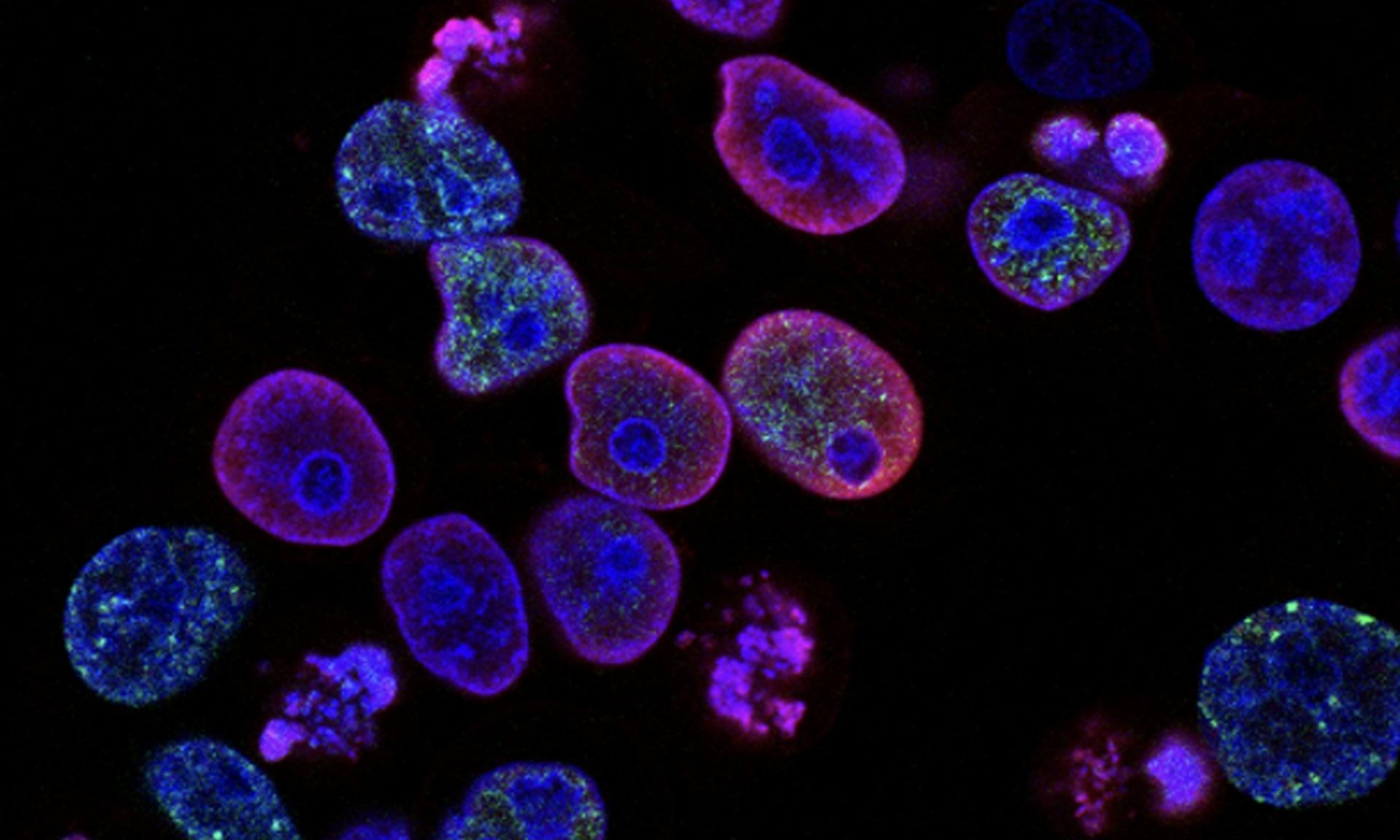A wave of misinformation about COVID-19 vaccines has resurfaced, with several anti-vaccine activists—including some health professionals—pushing the false claim that vaccines are linked to a rise in aggressive cancers, labeled as "turbo cancers." These claims, which suggest that the vaccines have led to an increase in late-stage cancer diagnoses among young adults, have gained traction across social media, despite having no scientific basis.
The so-called "turbo cancer" narrative is the latest in a series of debunked myths that have emerged since the introduction of COVID-19 vaccines. Proponents of the theory have pointed to anecdotal accounts and, more recently, a Belgian study conducted on mice as supposed evidence of this phenomenon. However, medical experts and cancer specialists have categorically dismissed these claims, warning that they are misleading and potentially dangerous.
Prominent cancer institutions, including Memorial Sloan Kettering Cancer Center, have strongly refuted the notion that COVID-19 vaccines cause any form of cancer, including "turbo cancers." In a public statement, the center described the claim as a complete myth, emphasizing that there is no scientific evidence linking COVID-19 vaccinations to the onset or progression of cancer. Further, the term "turbo cancer" is not recognized by oncologists or immunologists as a legitimate medical condition.
Experts in oncology and immunology have explained that aggressive cancers can occur in individuals for a variety of reasons, including genetic factors, environmental exposures, and lifestyle choices. However, there has been no reported increase in cancer cases—whether aggressive or non-aggressive—since the rollout of the COVID-19 vaccines. Studies conducted by health agencies and research institutions globally have consistently shown that COVID-19 vaccines are safe and effective in preventing severe illness and death caused by the virus.
The misinformation campaign around "turbo cancers" has also drawn attention to the broader issue of how vaccine opponents continue to weaponize fear and disinformation. By promoting baseless claims, these individuals are undermining public trust in vaccines and creating confusion about the proven safety of the COVID-19 vaccines. This ongoing spread of falsehoods has the potential to deter people from getting vaccinated, which could have significant public health consequences.
The Belgian study that has been circulated as evidence of "turbo cancer" primarily involved mice and did not offer any definitive conclusions applicable to human health. Scientists have repeatedly cautioned against drawing sweeping conclusions from animal studies, particularly when the findings are preliminary or have not been replicated in broader research.
Medical experts are urging the public to rely on verified information from credible sources such as the Centers for Disease Control and Prevention (CDC), the World Health Organization (WHO), and established cancer research centers. These organizations have repeatedly affirmed that COVID-19 vaccines do not cause cancer and continue to play a crucial role in controlling the pandemic and protecting public health.
EconoTimes cannot independently verify the specific claims regarding "turbo cancers" and COVID-19 vaccines. These claims remain speculative, and leading medical experts and institutions have dismissed them as unfounded.



 Trump and Merck KGaA Partner to Slash IVF Drug Costs and Expand Fertility Coverage
Trump and Merck KGaA Partner to Slash IVF Drug Costs and Expand Fertility Coverage  FDA Lifts REMS Requirement for CAR-T Cell Cancer Therapies
FDA Lifts REMS Requirement for CAR-T Cell Cancer Therapies  Lost in space: MethaneSat failed just as NZ was to take over mission control – here’s what we need to know now
Lost in space: MethaneSat failed just as NZ was to take over mission control – here’s what we need to know now  SpaceX’s Starship Completes 11th Test Flight, Paving Way for Moon and Mars Missions
SpaceX’s Starship Completes 11th Test Flight, Paving Way for Moon and Mars Missions  Is space worth the cost? Accounting experts say its value can’t be found in spreadsheets
Is space worth the cost? Accounting experts say its value can’t be found in spreadsheets  Neuralink Expands Brain Implant Trials with 12 Global Patients
Neuralink Expands Brain Implant Trials with 12 Global Patients  NASA Cuts Boeing Starliner Missions as SpaceX Pulls Ahead
NASA Cuts Boeing Starliner Missions as SpaceX Pulls Ahead  SpaceX Pivots Toward Moon City as Musk Reframes Long-Term Space Vision
SpaceX Pivots Toward Moon City as Musk Reframes Long-Term Space Vision  CDC Vaccine Review Sparks Controversy Over Thimerosal Study Citation
CDC Vaccine Review Sparks Controversy Over Thimerosal Study Citation  Blue Origin’s New Glenn Achieves Breakthrough Success With First NASA Mission
Blue Origin’s New Glenn Achieves Breakthrough Success With First NASA Mission  Tabletop particle accelerator could transform medicine and materials science
Tabletop particle accelerator could transform medicine and materials science 































